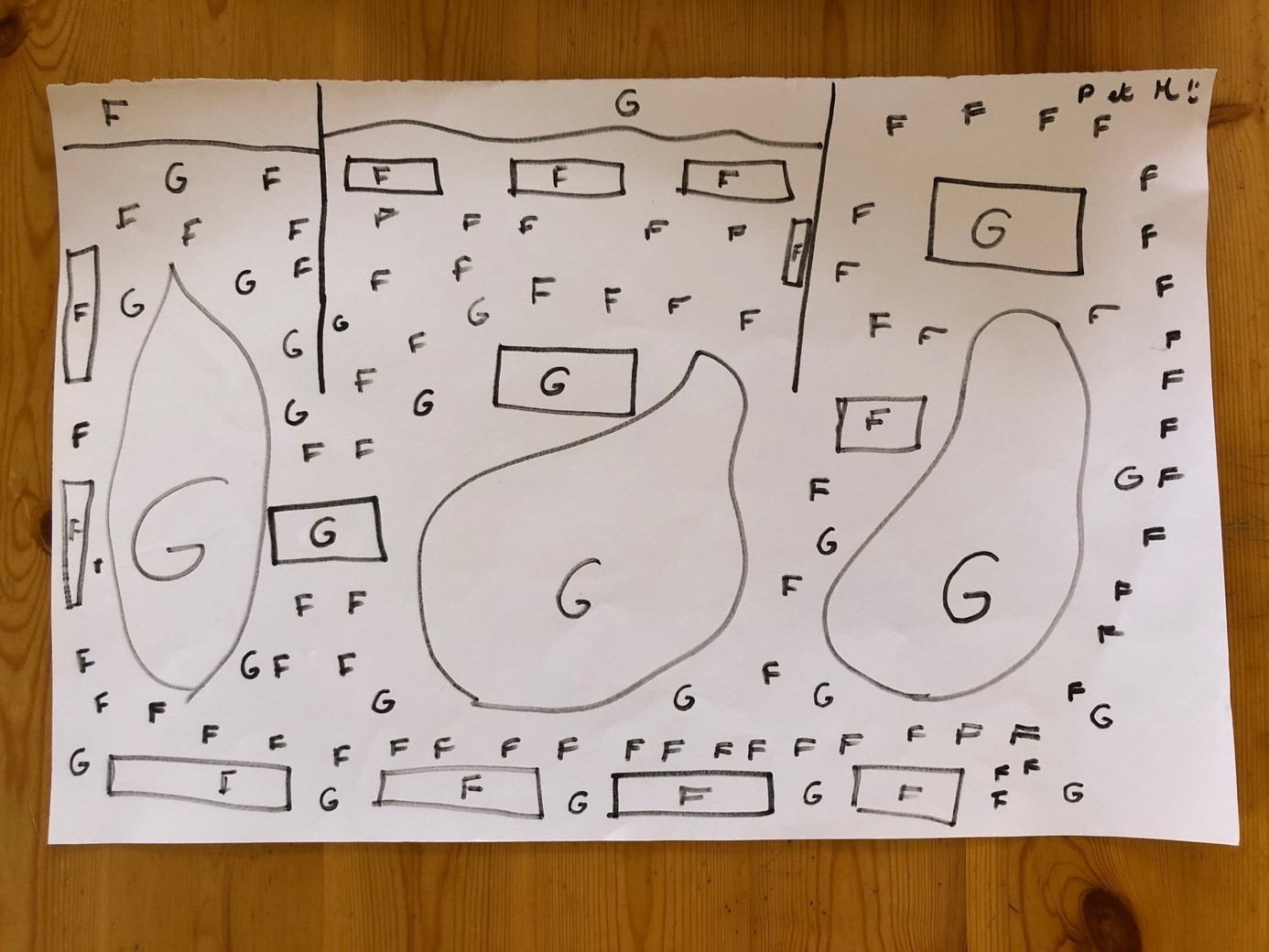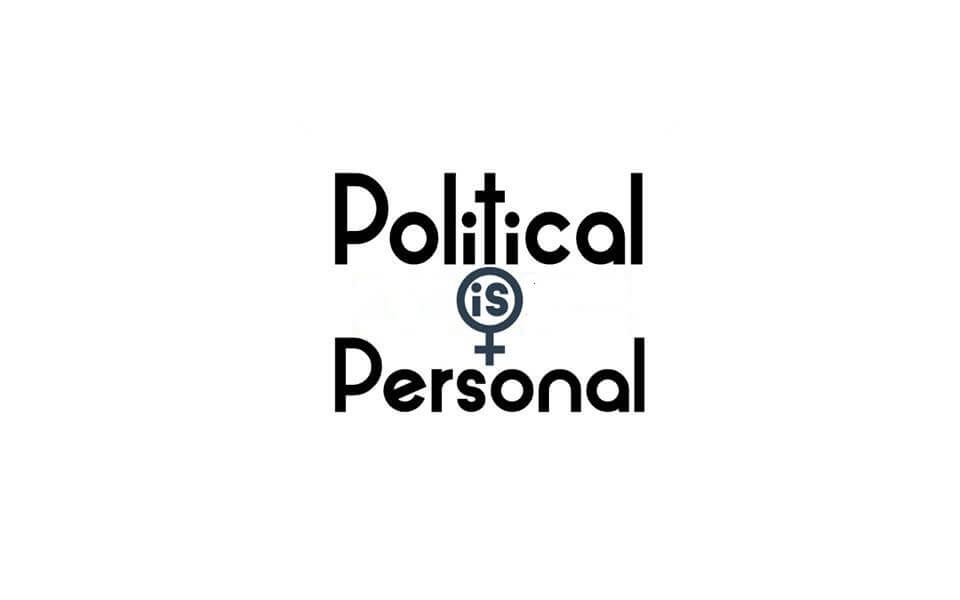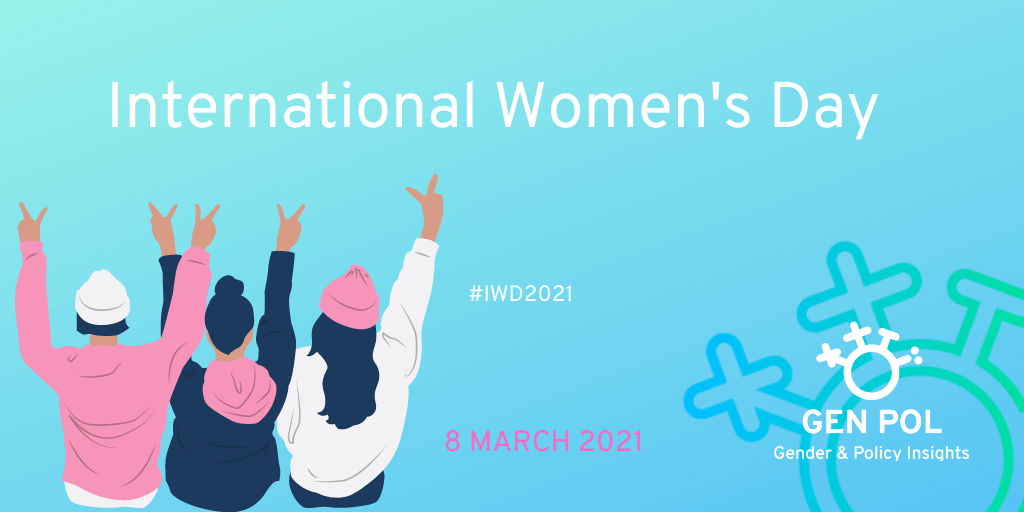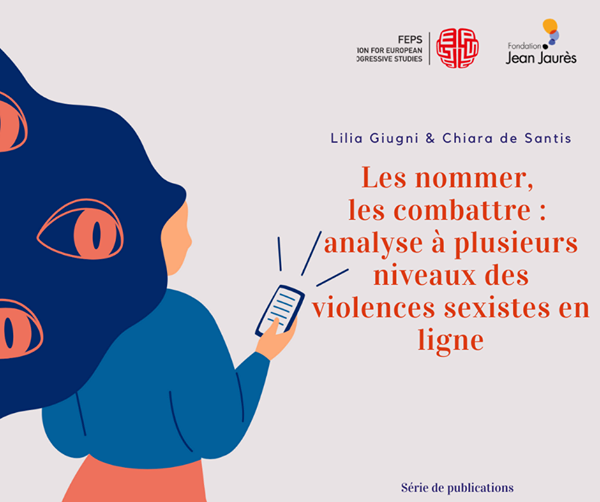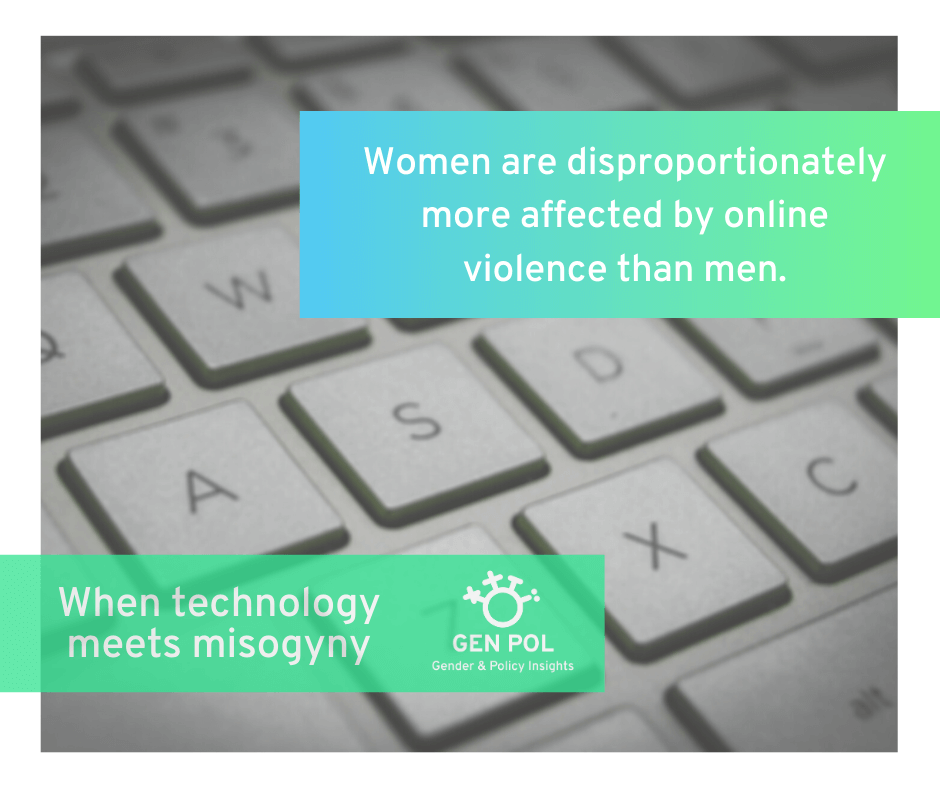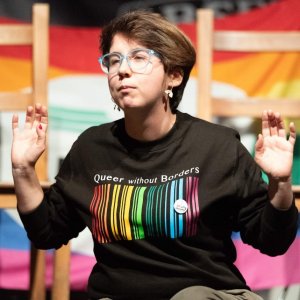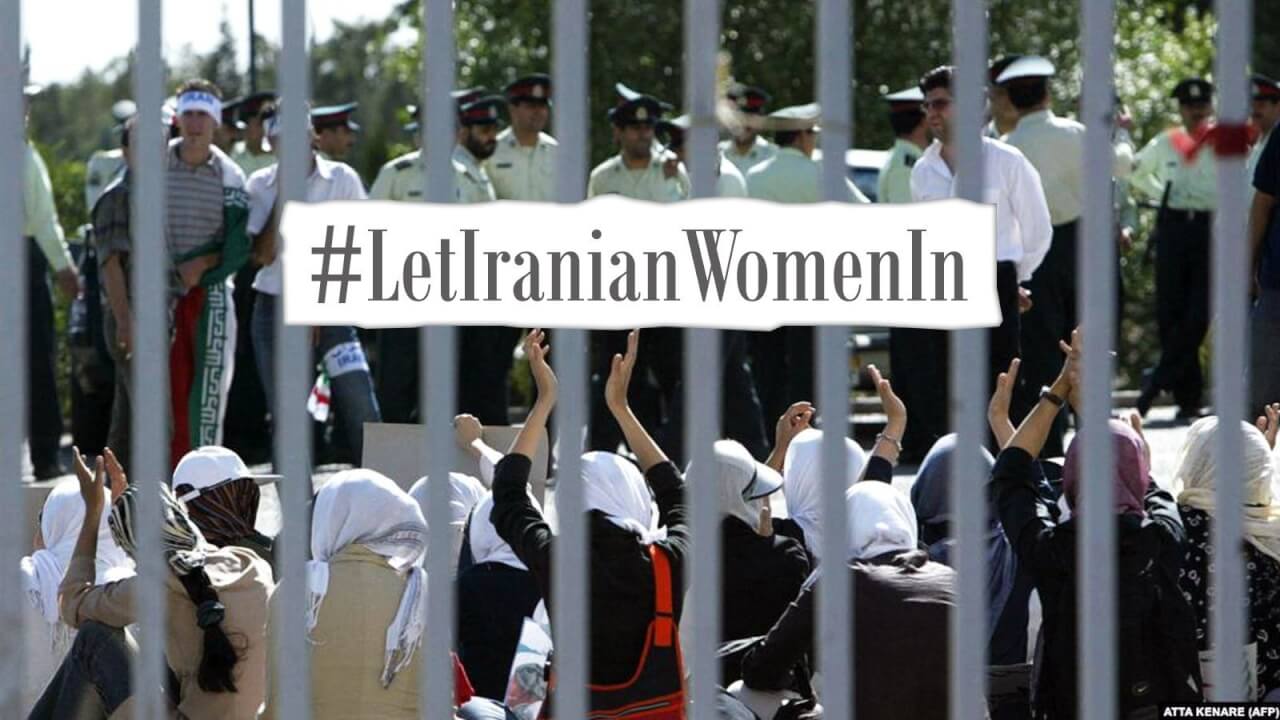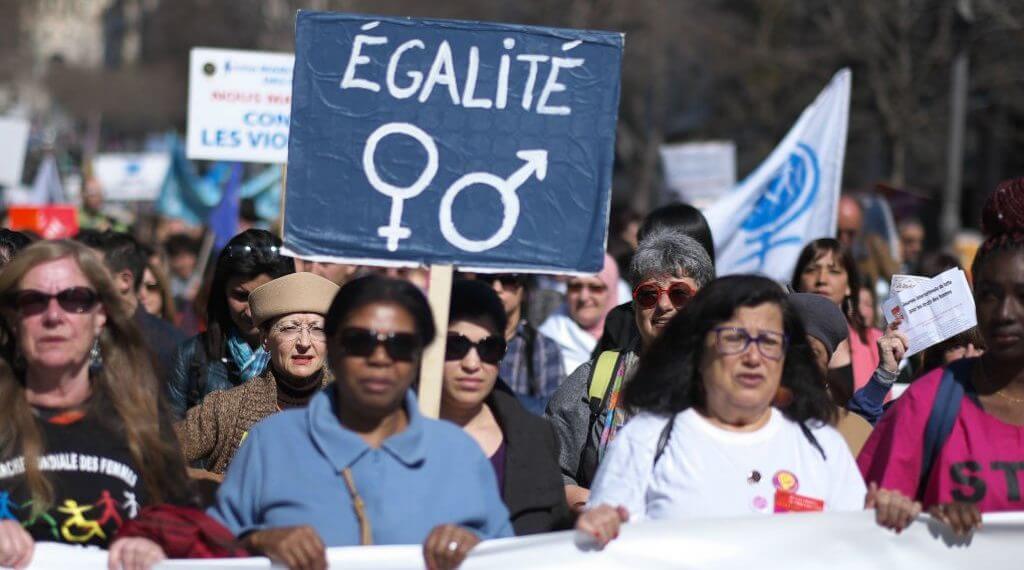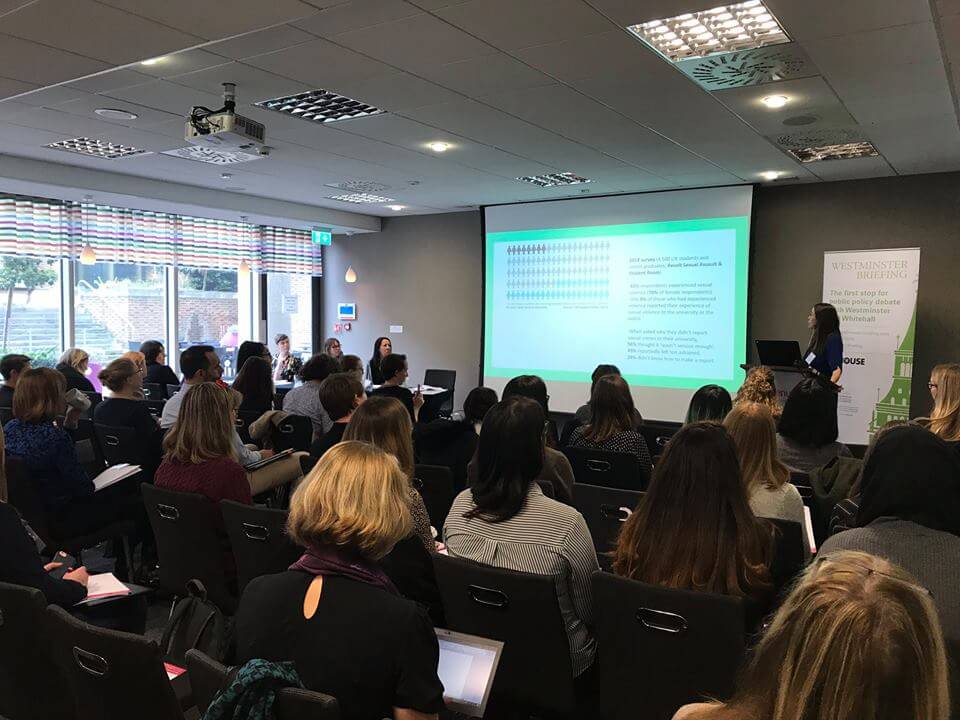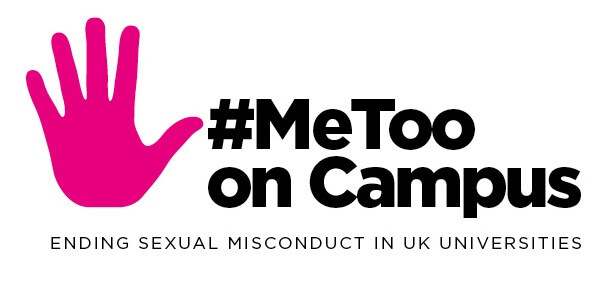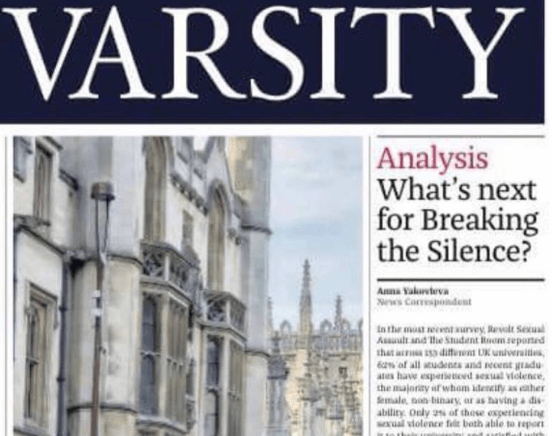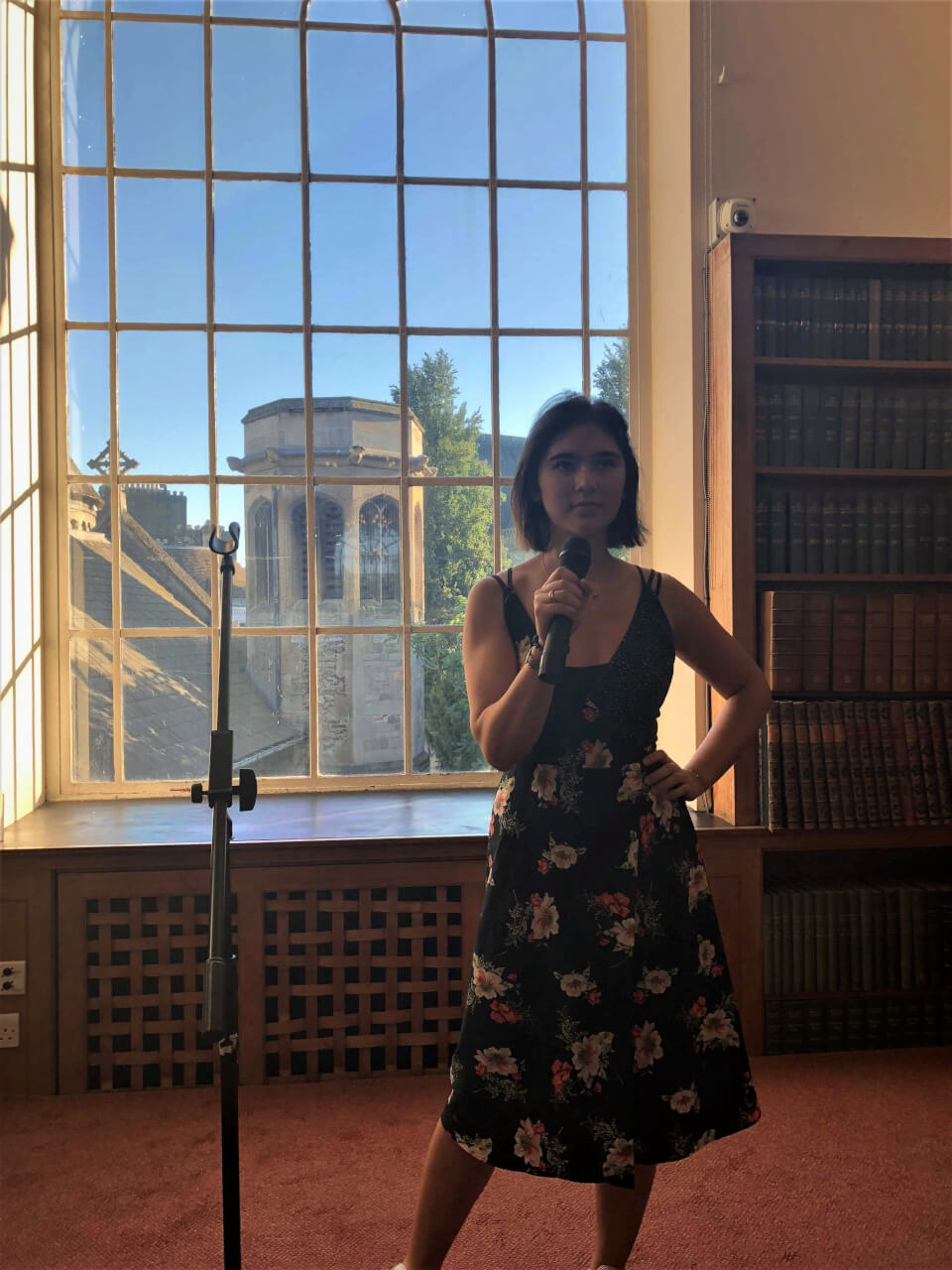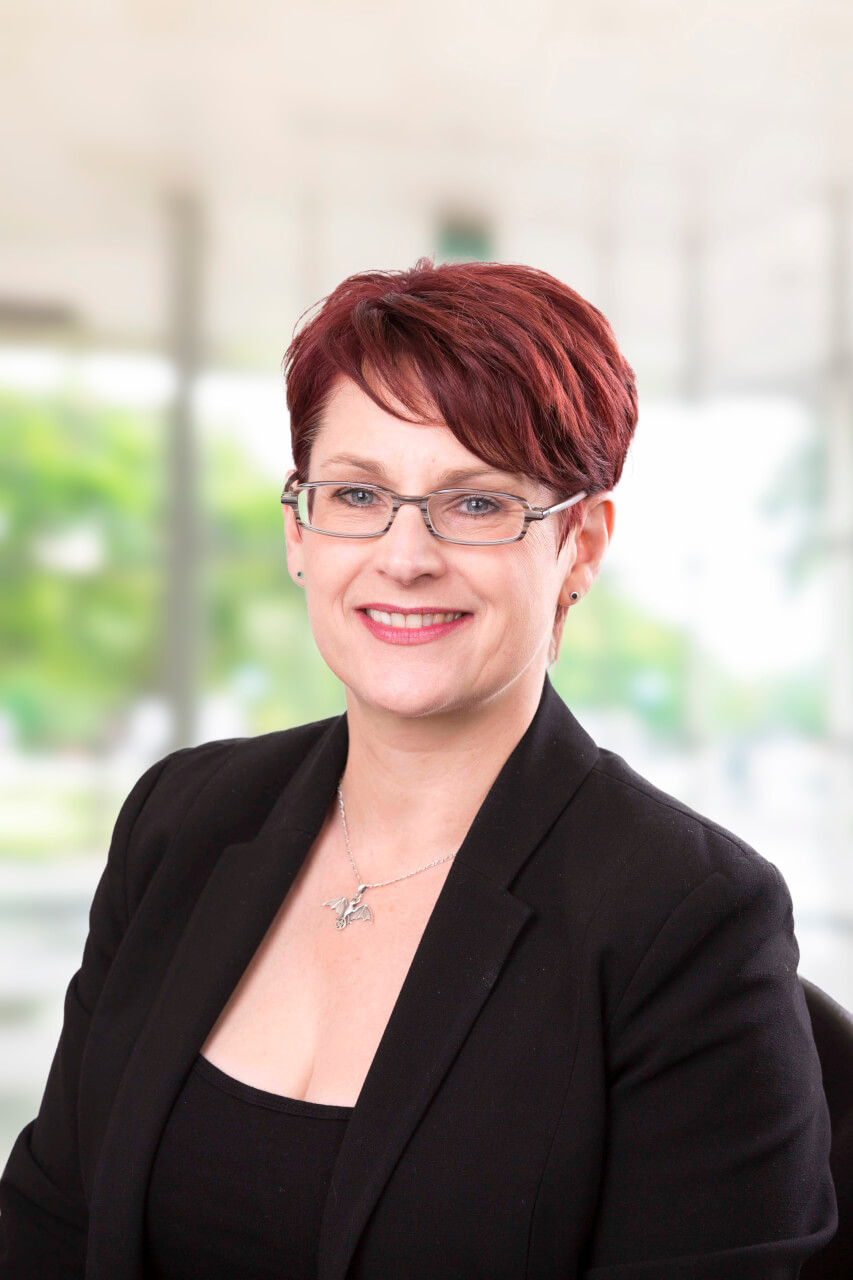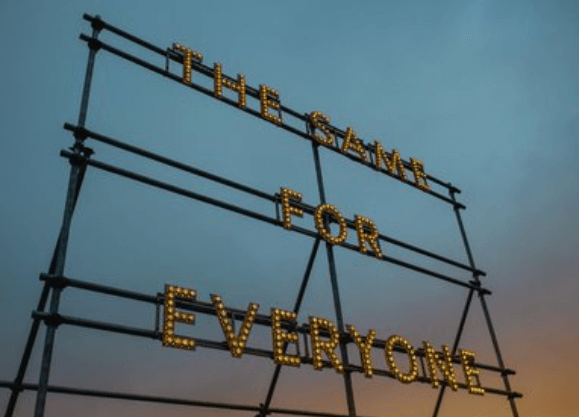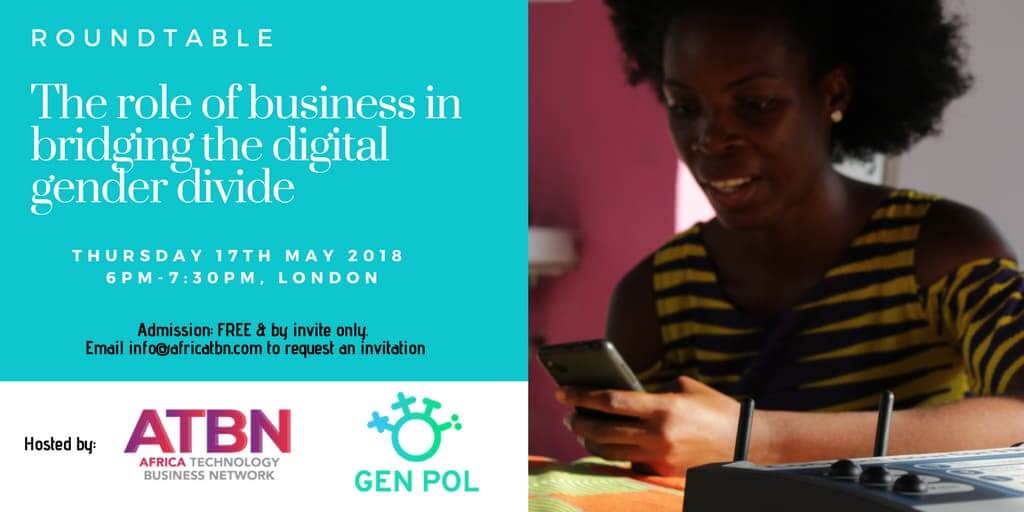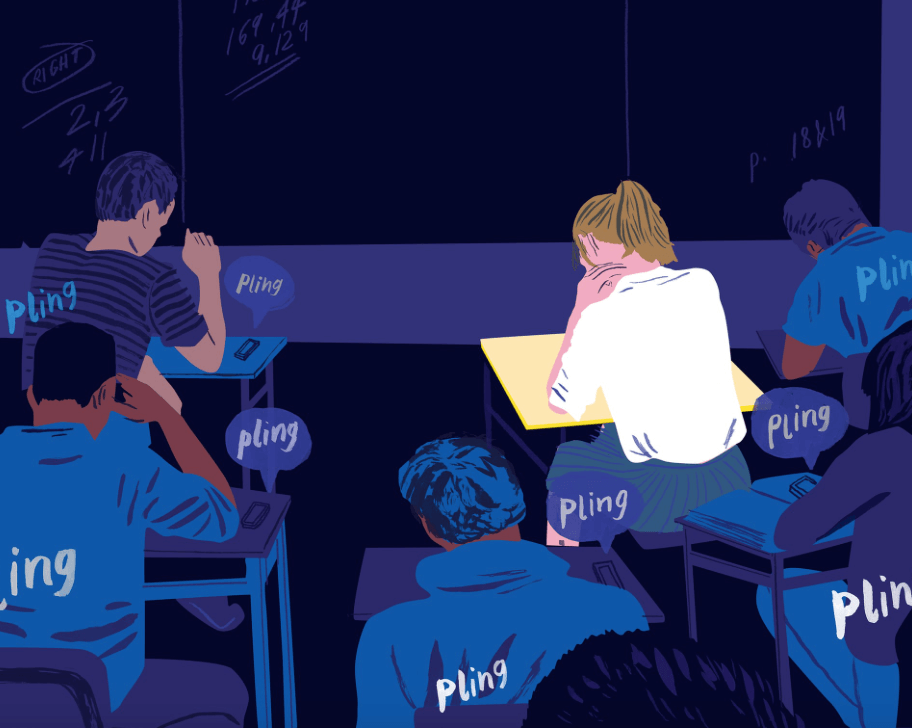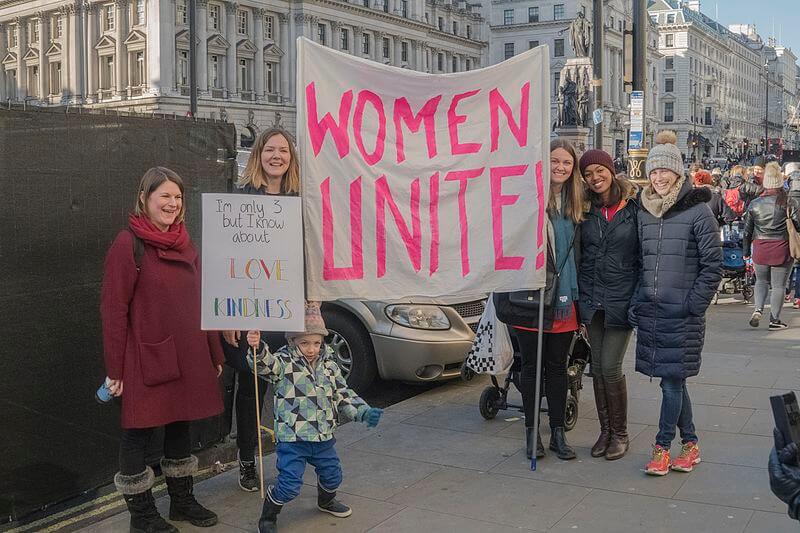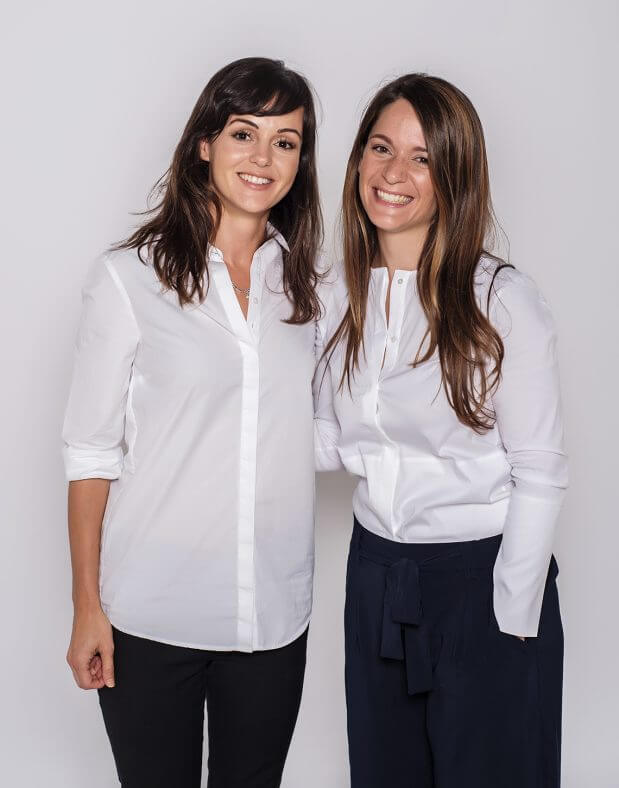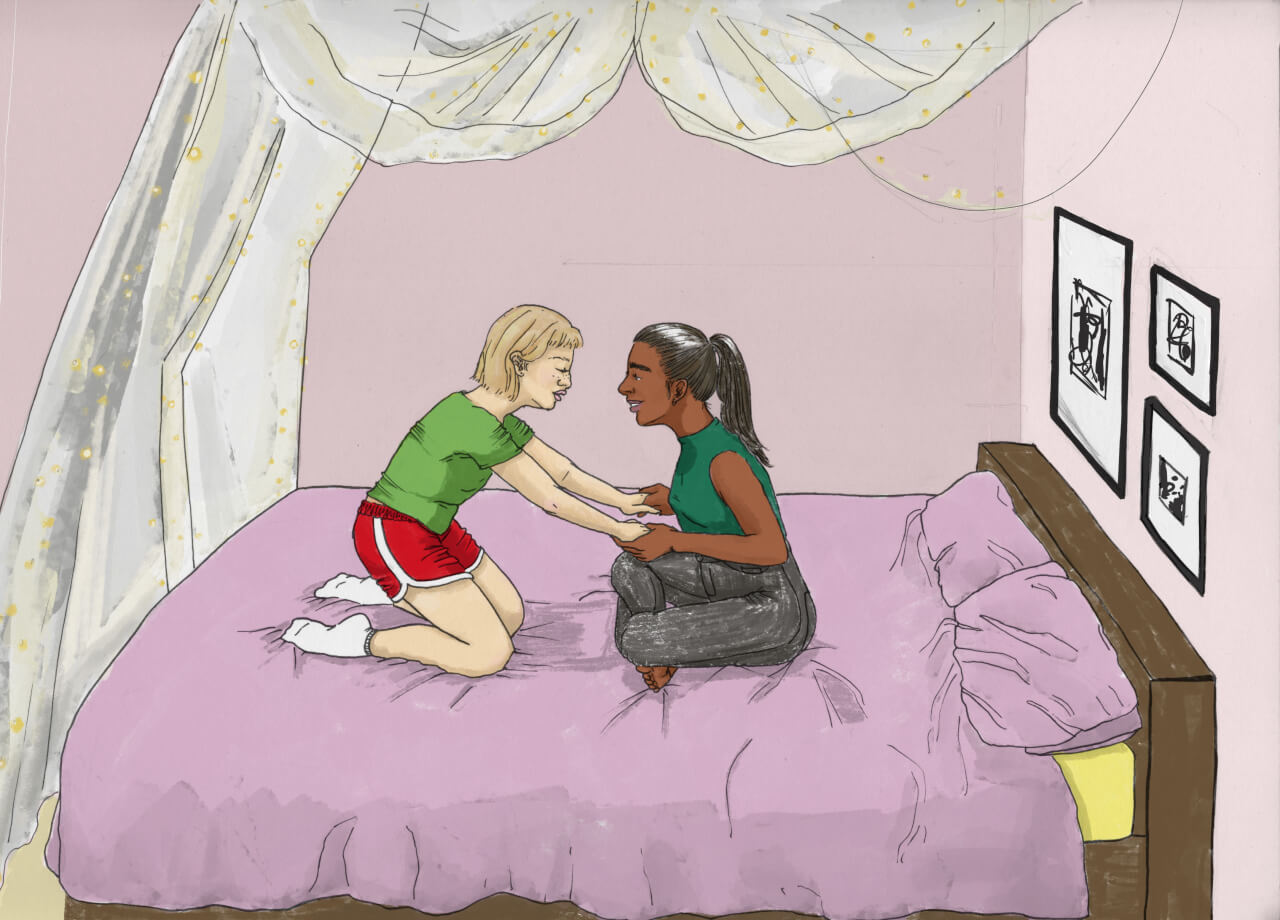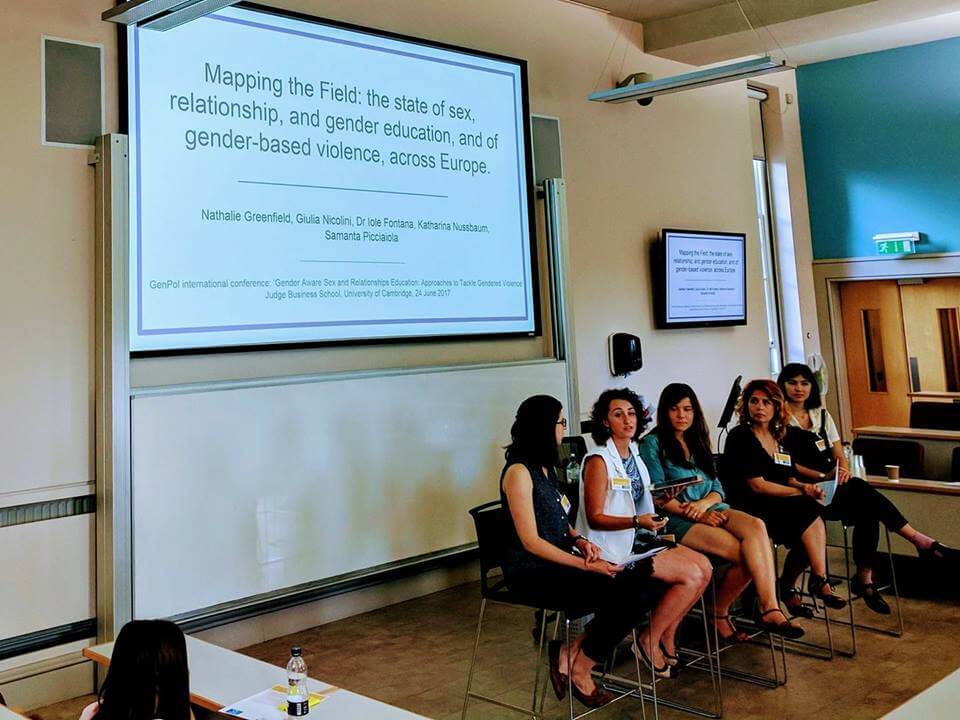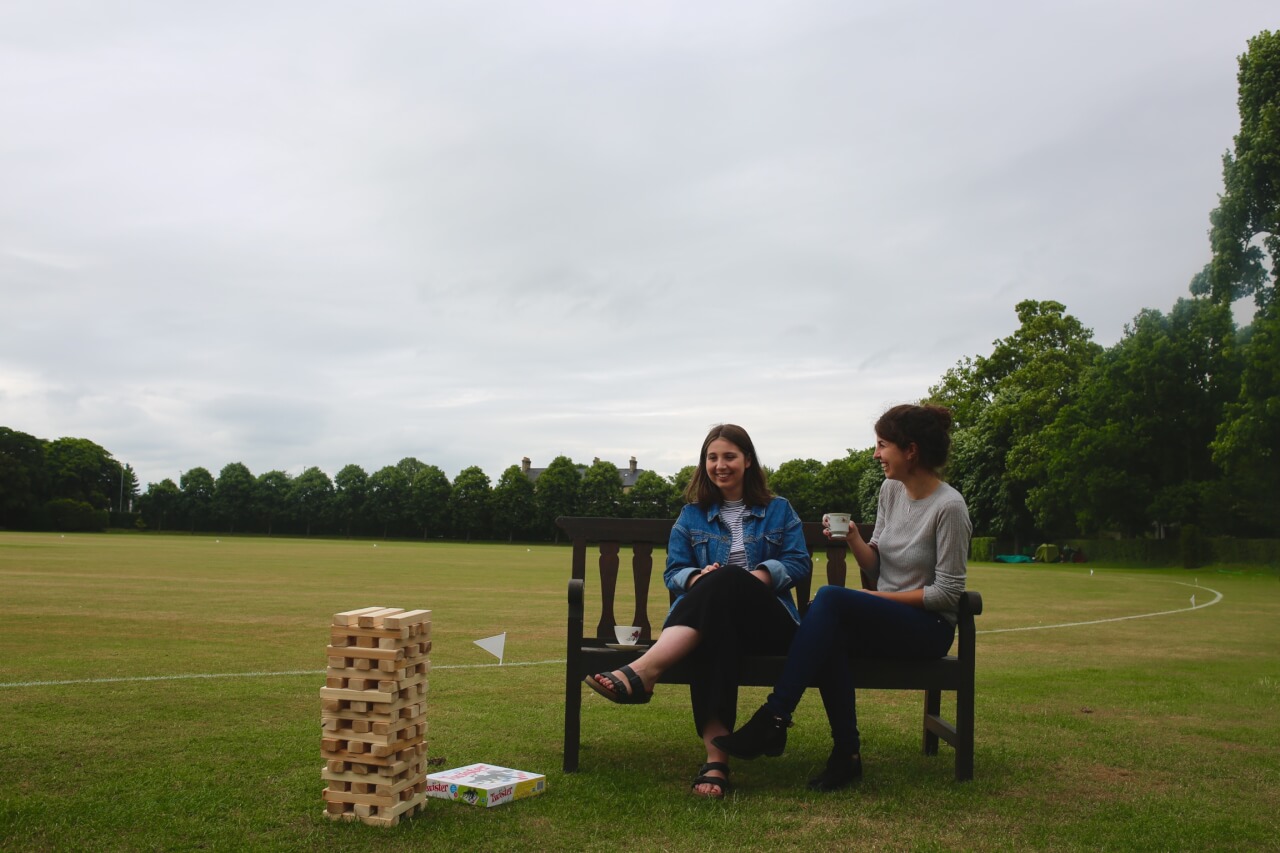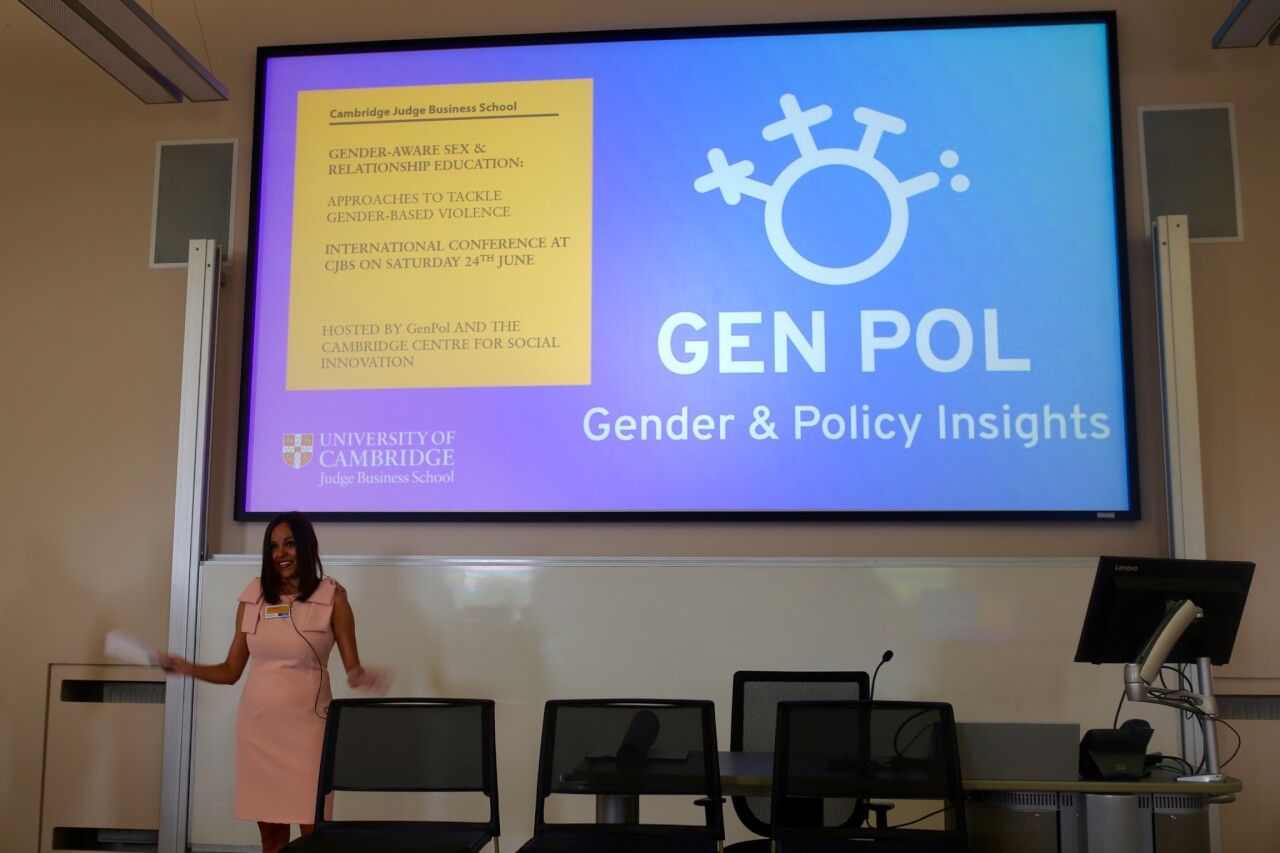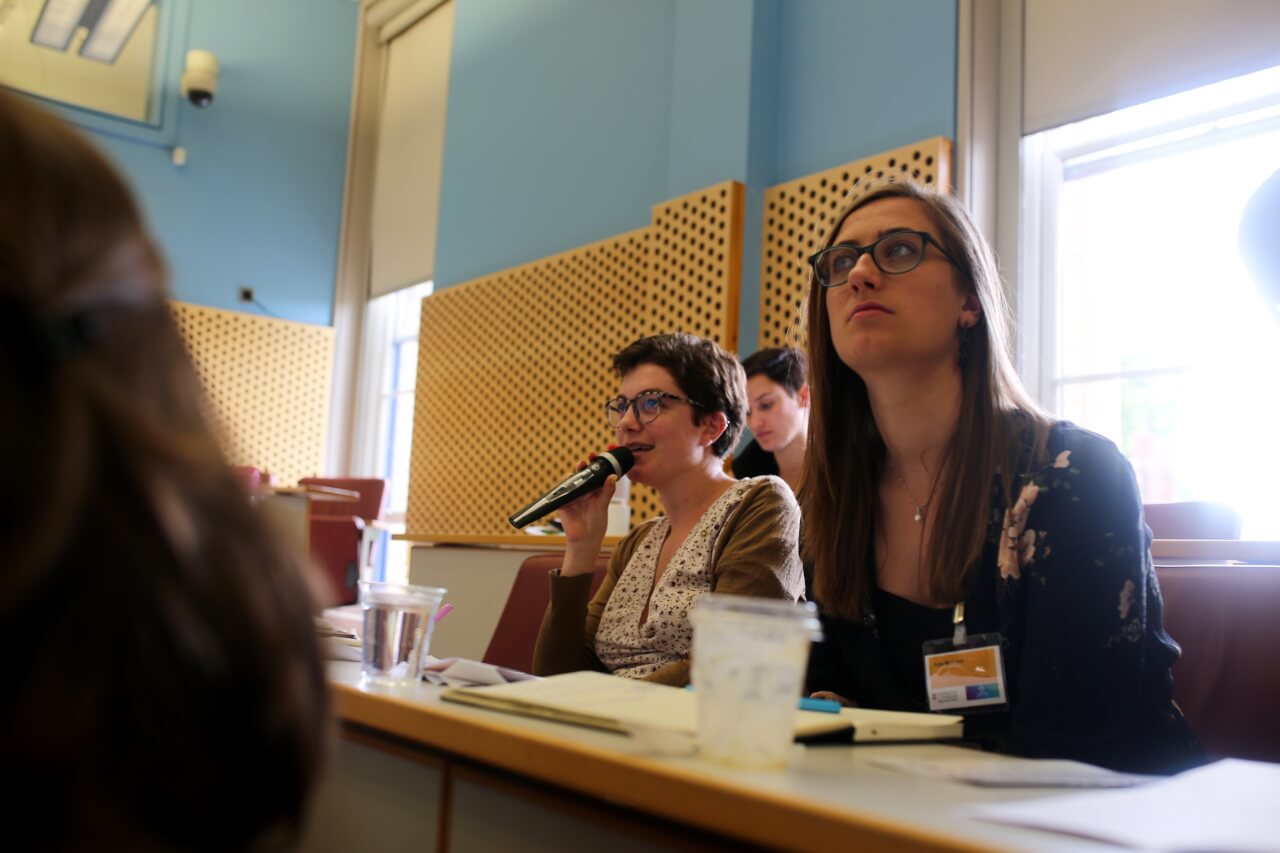
Consent is one of the most essential aspects of sex, but there are dozens of misconceptions around the topic that create confusion. A new online course, created by Serlo, a German NGO working in the educational sector, in partnership with our team at GenPol, seeks to eliminate that confusion and establish a clear understanding of consent. The course takes users through the most common myths related to consent, providing an easy-to-understand guide that will help empower everyone to create an open and honest dialogue around consent and to engage in positive, respectful, and fun sex.
The course begins by defining what consent is, citing American sex educator Jaclyn Friedman, who describes consent as a “state” rather than a question – that is, consent is an “open and active dialogue (as opposed to a lecture delivered by a single person).” All partners engaging in any sexual activity need to maintain awareness of the situation and keep in tune with verbal and nonverbal cues that indicate consent – or a lack of consent. Below is a small sample of verbal and nonverbal signs of consent and non-consent (more can be found in the course!).
| Possible verbal signs of consent | Possible verbal signs of NON-consent |
| yes | no |
| yes | maybe |
| definitely / I’m really sure | I am not sure |
| I know | I don’t know |
| Possible nonverbal signs of consent | Possible nonverbal signs of NON-consent |
| Direct eye contact | Avoiding eye contact |
| Initiating sexual activity | Not initiating any sexual activity |
| Pulling someone closer | Pushing someone away |
| Guiding someone’s hand to be touched in a certain place or way | Avoiding touch |
The Serlo course tackles four areas of consent-related myths, covering the perceived (and stereotypical) differences between men and women, what counts as sexual violence, real sex in real life, and what consent looks like. A few myths busted include…
Women are naturally silent and submissive in bed. Men are naturally loud and dominant.
“Luckily, everyone is different, and all desires vary depending on an individual (which makes the world a much more interesting place!). One cannot and should not make sweeping essentialist generalisations about gender (what a woman is, or what female sexuality is, or what a man is or ‘likes’). Moods and desires are not determined by arbitrarily assigned chromosomes. On the contrary, moods, desires, and preferences are cultivated over time and can change. We must be open to this possibility both when thinking about our own sexuality and that of our partners, however they identify themselves on the gender continuum.”
Assault only happens in dark streets at night. One can only be assaulted by strangers.
“Most cases of assaults today happen in a domestic context, and the assaulter is someone the abused person knew. Too many survivors take years to realise that what they went through (for example, being forced into unwanted sex by an ex-partner) was a form of sexual abuse. Importantly, no abuse or assault is more or less serious or damaging than another, and all survivors need to be taken seriously and deserve the utmost support.”
Sex in real life looks like sex in porn. There is something wrong if it does not. (aka. Sex in porn is a depiction of how good sex looks like)
“Sex in real life takes a wide variety of forms, as human beings (luckily) are all different and very complex. Sexual activities can (and should) be pleasurable, enjoyable and mutually respectful, and may, sometimes, be awkward or emotionally challenging. However, they should never imply violence and/or lack of consent, in which case they fall under the category of sexual assault. Sadly many porns show violent, non-consensual sex, objectify women (treat them as objects for others’ gratification), and fetishise non-white and LGBT+ people. They also show bodies that are rather different from most of the viewers’ and often modified by cosmetic surgery, which tends to increase people’s insecurities.”
Consent is simple: yes means yes and no means no, even when there are strong power differences (i.e. age\class\wealth differences, between a student and a teacher, an employer and employee etc.).
“Consent, like many things in life, is far from simple. Sometimes people are able to clearly articulate a no, which we must respect in all cases. Some other times, however, someone might feel pressured or manipulated into sex because of the power dynamics between them and their partners. These include strong differences in age (even when all people involved are underage), or when one of the partners is in a position of authority (a teacher, an employer, a sport coach, a priest). In this last cases, sexual encounters actually tend to be illegal.”
Even if you feel comfortable with your understanding and appreciation of consent, the course offers helpful advice to help anyone engage in healthier, happier, and more pleasurable sex.
GenPol is now taking its commitment to promote consent education to Italy with two exciting projects, PREVENT and PIÙ SANE . They both aim to promote consent-aware sex and relationship education as well as women’s self-esteem, empowerment and overall mental health. We are currently engaged in the production of digital educational modules in Italian language, differentiated according to age group (12-25), and freeliy accessible online through a brand-new web-site and app. The educational materials will also be promoted nation-wide through a social network campaign, and used and tested locally through a number of pilot projects. Stay tuned!
If your organization is interested in partnering with GenPol on a course or training around gender issues, click here to get in touch.
Kristina Chiappetta
GenPol Marketing Intern

